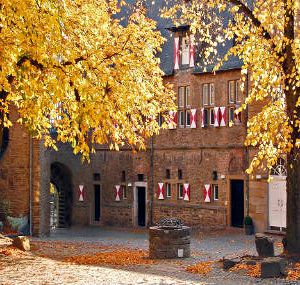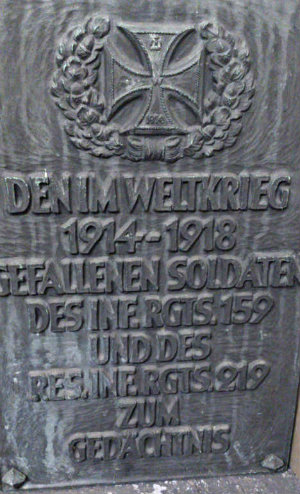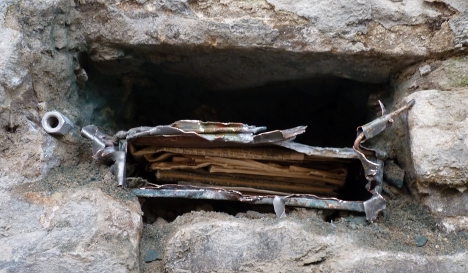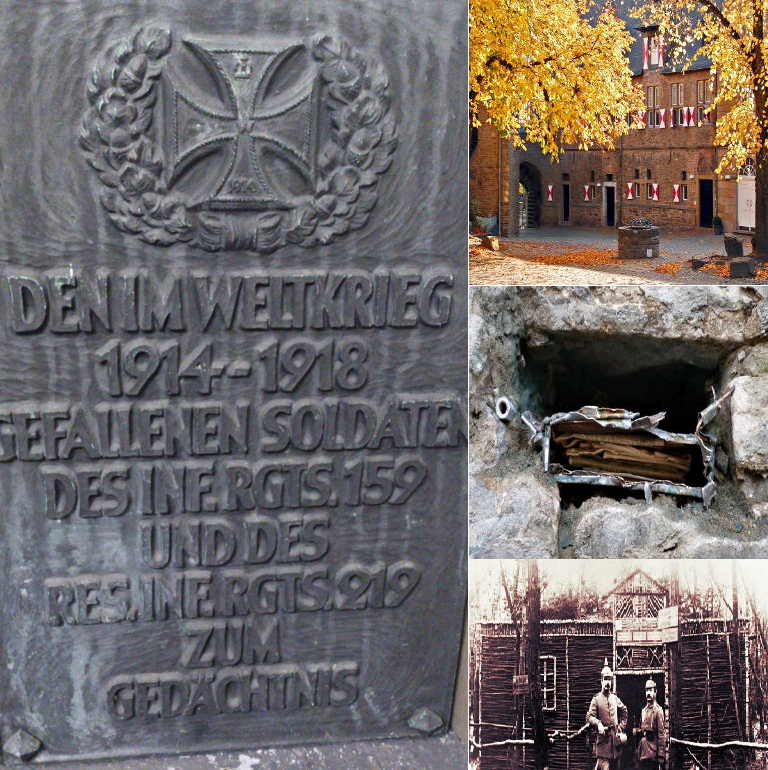A WWI time capsule was discovered inside the wall of the historic German castle Schloss Broich, in the city of Mülheim, recently remarkably a hundred years after the outbreak of the Great War.
According to reports, the Schloss Broich is currently under renovation and that the builders just chanced upon the WWI time capsule when the plasterwork of one of its walls turn loose. Upon inspection, it appeared that the WWI time capsule left in the castle wall was in memory of the German soldiers who died during the war.

The builders found a historic coin as well as a medallion along with the copper box, the WWI time capsule, which contained documents of sorts, newspapers and notebooks. The medallion was a commemoration of the arrival of the 159th Infantry Regiment at Schloss Broich in the year 1899 and it is believed that the WWI time capsule was left there in remembrance of the soldiers belonging to the regiment who died in the Great War.
How long the WWI time capsule inside the wall remains a mystery. But, it appeared that there was a clue indicating its presence and that clue existed there for 80 years. Nonetheless, nobody took notice of it.

A plaque honoring the war dead pf the regiment was mounted on that same wall in 1928, placed directly above the location where the WWI time capsule was hidden. That plaque was removed way back in 2011 due to the wall’s poor condition. However, nobody thought of looking underneath it.
Ursula van Straalen of Mülheim’s Lower Monument Authority believes that they have found ‘a pot of gold’ upon the discovery of the WWI time capsule. She went on to say that the people during those times wanted to say something to the people now, in the present, thus, the box.

The copper box bears some slight damages and its contents are still not clear as authorities are waiting for conservation experts to be the one to remove and examine them.
But according to one of the personnel of the city’s tourism and marketing office, Heike Bläser-Metzger, the contents of the WWI time capsule were okay and only slightly moldy upon initial inspection.
